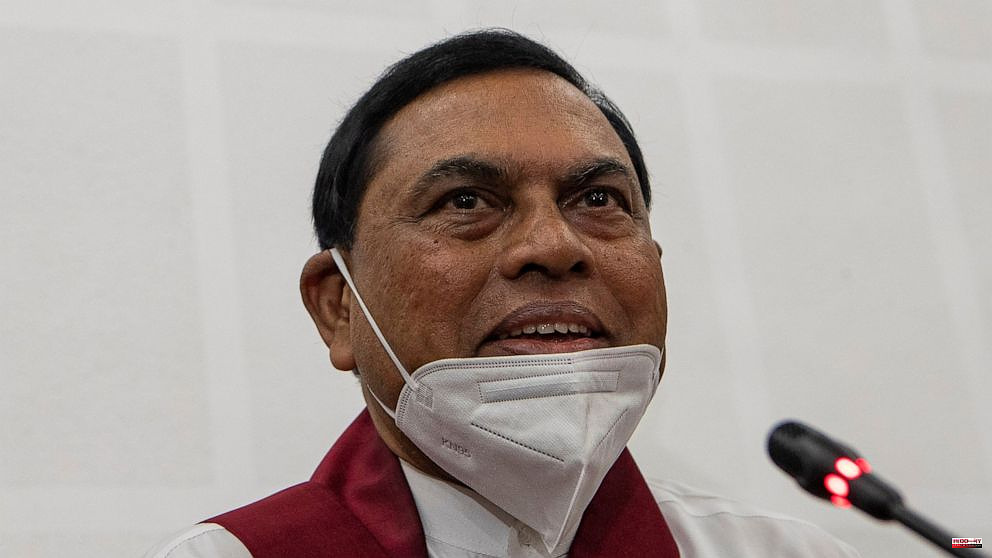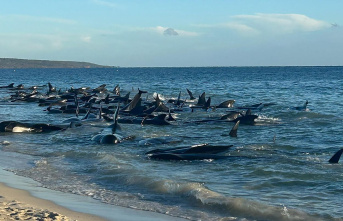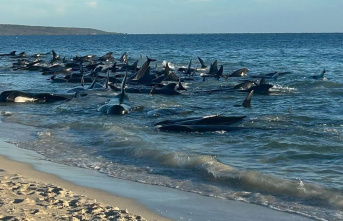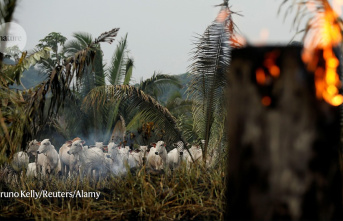COLOMBO (Sri Lanka) -- Basil Rajapaksa is the younger brother to the president of Sri Lanka and was the country's former Finance Minister. He resigned on Thursday amid growing criticism for his alleged role as the island nation's worst economic crisis since memory.
At a news conference, he stated that he had sent a letter to his Parliament seat to renounce it but maintained that he wasn't solely responsible for the country’s economic difficulties.
He said, "The crisis existed even before I took over." "I tried my best with everything I had."
Rajapaksa is a member the powerful political family that has ruled Sri Lanka over most of the past 20 years. He was finance minister from July 2013 until April 2014. He resigned along with other ministers because of the government's inability to solve the economic crisis.
He stated Thursday that the successive governments in Sri Lanka that have ruled since 1950s are also to blame because they "took loans and spent them", without taking any steps to avoid a crisis.
The resignation could be seen to be a serious blow to the Rajapaksa family, which has been subject to growing public outrage. For more than 50 days, protesters occupied President Gotabaya Rajapaksa’s office demanding his resignation. They claim that he and his family are responsible for the economic crisis.
During nationwide violence, Mahinda Rajapaksa's supporters attacked peaceful protesters, another family member was forced from office by the protests. A nephew and one of the president's siblings resigned from their Cabinet positions, but they still serve as legislators.
From 2005 to 2015, Mahinda Rajapaksa served as the president of Sri Lanka.
Basil Rajapaksa declared Thursday that he will not be participating in government but promised to "continue his political work."
Sri Lanka is in danger of going bankrupt due to a severe foreign currency crisis. This has led to a default on foreign debt. Last month, the country announced that it will suspend nearly $7 billion of foreign debt repayments this year. This is in addition to approximately $25 billion due by 2020. Sri Lanka has $51 billion in total foreign debt.
Since months, Sri Lankans have been suffering from shortages of fuel and food, power outages, and other hardships. The country does not have the financial resources to purchase imported necessities or pay its debts.
The authorities have begun discussions with the International Monetary Fund to negotiate a bailout package. They have also asked the IMF for a conference to unify Sri Lanka's lenders.












